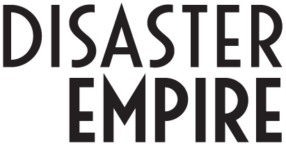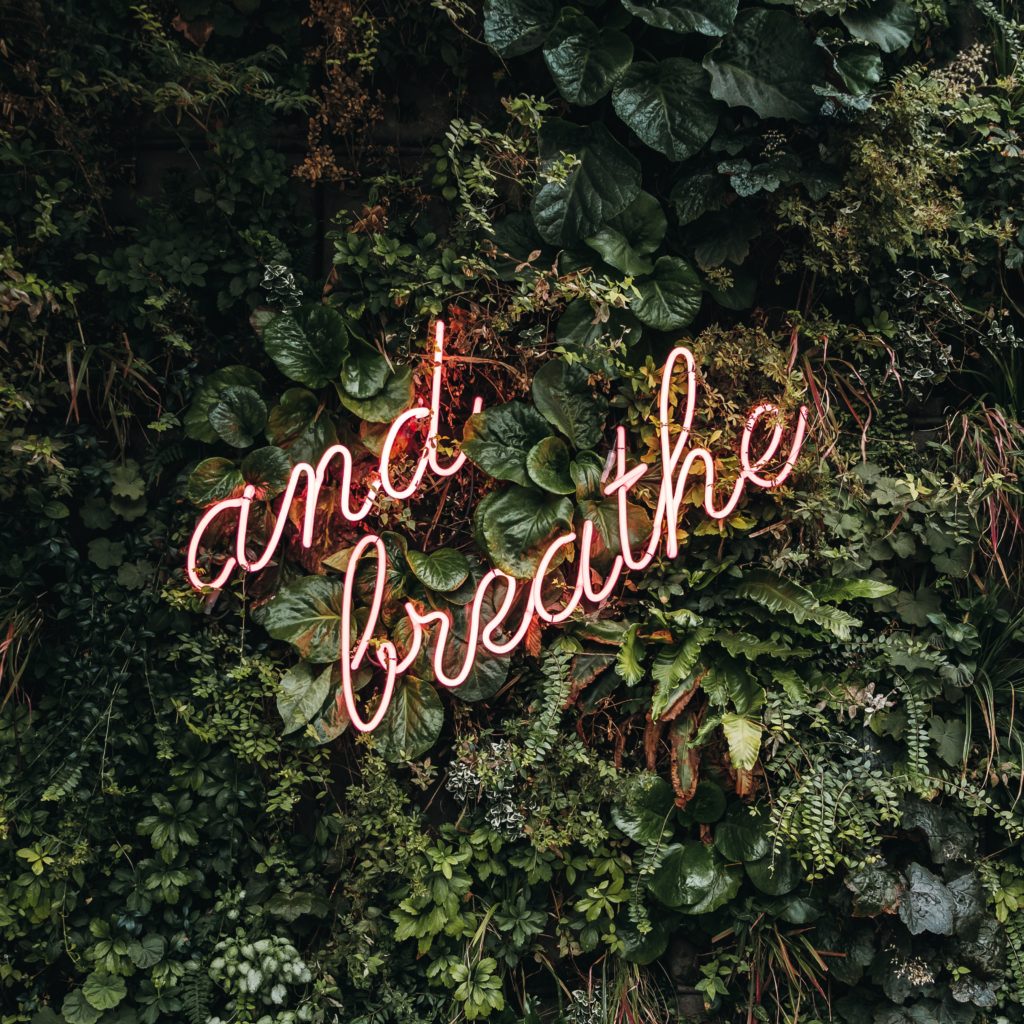
My self-care success in 2019
Self-care and self-help books, classes, and online gurus are everywhere. We all know the importance of fitness, eating right, and taking care of ourselves. I am guessing that, like me, you have tried and sometimes failed to maintain a healthy diet and workout routine. Sticking to a wellness plan can be particularly challenging this time of year.
In 2019, I did succeed in one aspect of self-care. I took consistent vacations throughout the year. I am fortunate that my full-time job offers generous downtime. Typically, I don’t succeed in using all of the time that I have accrued. As 2019 drew to a close, I took the bold step and took extra time off.
Strictly speaking, I was not truly off for the entire time. As I work on a crisis management team, I was on-call for my company if anything significant happened. However, I am proud that I did my best to unplug, did not take work meetings, and only occasionally checked emails.
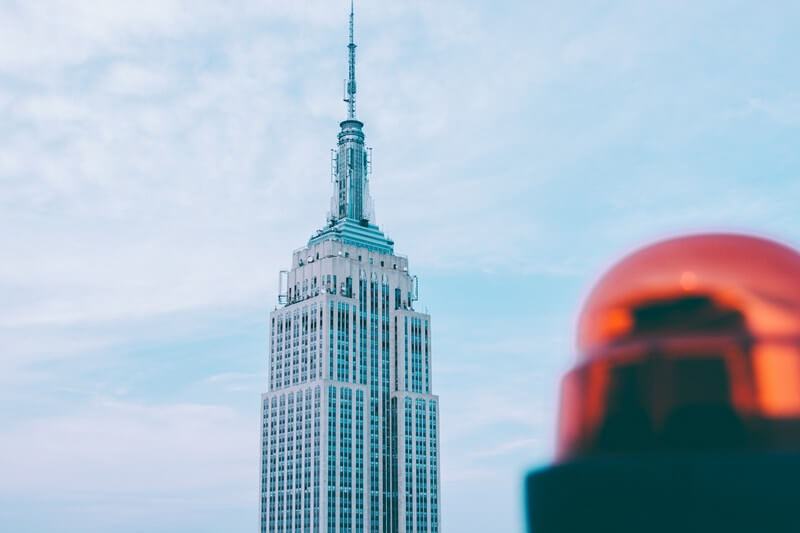
The importance of self-care for disaster workers
Taking my vacation time was a huge step forward in my self-care. It is a process of personal growth and wellness I embraced two years ago. I have come to believe that my success, along with other disaster professionals, is directly linked to engaging in a self-care plan. If you are looking to start a wellness journey in the New Year or need a pep-talk like me to keep you motivated, I urge you to read on.
As professionals in a helping profession, we owe it to people to be on top of our game. Now, I know that you are likely similar to me and always striving to be better at your job. That entails long hours to increase our experience and expertise. It can mean additional training or travel to either go where the work is or help others.
Just as we work in our various disciplines to be respected, trusted, and deliver on our goals, we must also work on ourselves. What I mean by this is that we owe it to those we help not to suffer from job burn out, manage stress, and engage in wellness activities. If your workplace offers a wellness program, I encourage you to participate in it. If not, there are plenty of ways you can create lifestyle changes on your own.
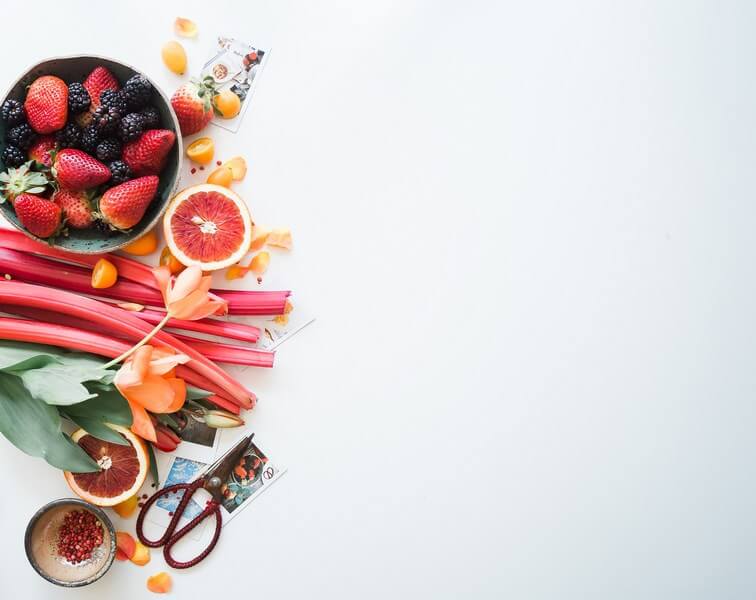
Nutrition & wellness
We’ve all heard the adage to eat healthily. The definition of proper nutrition can vary depending on where you live. Achieving maximum nutrition can be challenging.
If you live in a third-world region, getting adequate nutrition to maintain a healthy lifestyle can be difficult. In industrialized nations, the opposite is experienced by many in the population. In these countries, food is confused with consumerism. Marketing is so effective that many people do not know what a healthy diet is anymore.
Regardless, proper nutrition is key to optimal self-care. It is also very personal based on genetics, lifestyle, and access to food sources. Most of us have easy access to the internet and books, so I suggest you do your research. It can also be helpful to talk to medical professionals and nutritionists. Wellness needs to be a life-long journey, one that you commit to for optimal health benefits.
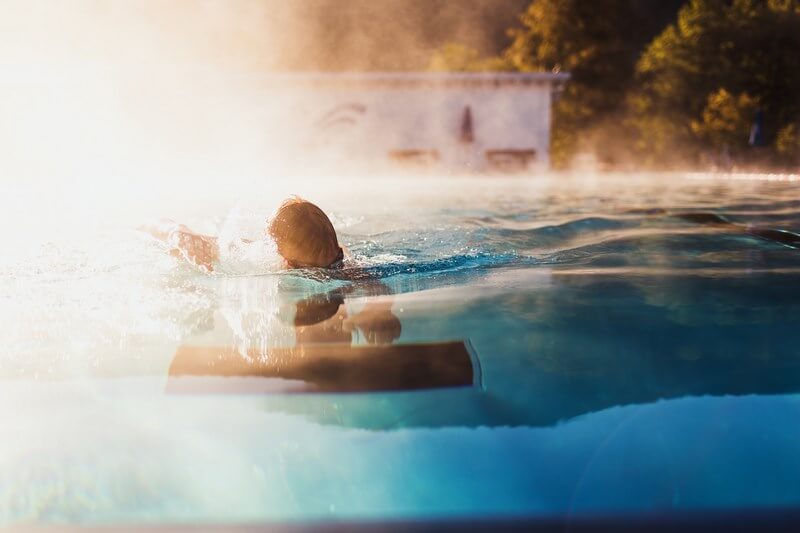
Fitness
It’s not news that engaging in an ongoing fitness regime is a critical factor in self-care. Self-care for disaster professionals includes being fit. A healthy fitness routine does not mean that you need to exercise excessively. However, the recommended minimum is to engage in fitness activities 3 – 4 times per week.
Fitness does not mean just working out, either. The components include building endurance, heart health, muscle strength, flexibility, lung capacity, and trim body composition. To obtain this, you can’t just do the same routine over and over. Because your body gets used to repetitive movements, to maximize your workouts, you need to switch exercise routines. To do this, you can vary your TRX or bodyweight workouts. Or, it could be doing different exercises like swimming, yoga, running, weight training, or cardio on different days.
Don’t discount the importance of general movement, either. Walking can be the most effective exercise. Anything that gets you moving around has value. Activities like gardening or vigorously cleaning up around your house can contribute to your overall fitness.
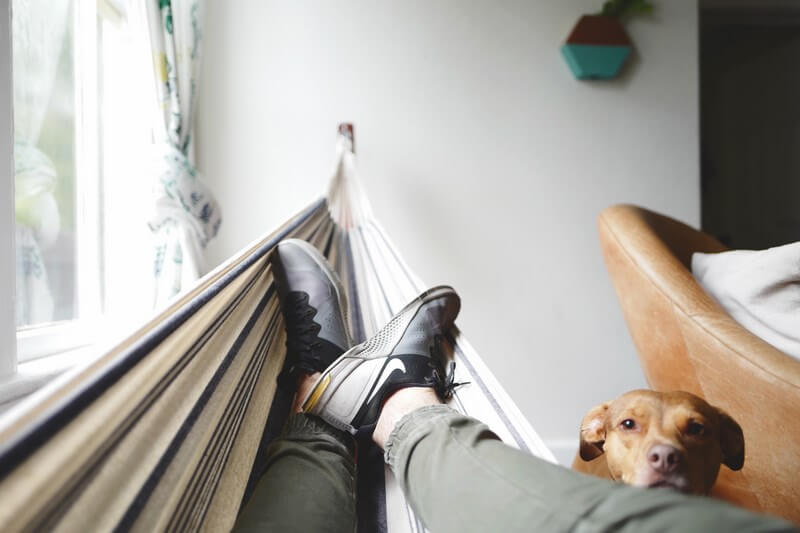
Sleep & Relaxation
Sleep is highly underrated for most of our modern lifestyles. And, as disaster professionals, it can be one of the hardest parts of self-care to achieve consistently. Most people need 7-8 hours a night. With variations in work shifts, caring for families, making deadlines, or engaging in mission-critical activities, sleep is the last item on our to-do lists.
You do need to try, however. As challenging as it can be, sleep is the linchpin of good self-care. It is so critical to maintaining your health because it allows us to do everything we want to get done during our waking hours. For more on the importance of sleep, check out this quick read: Why sleep is essential for health.
Like sleep, don’t discount the importance of making time for relaxation. Downtime, or as I like to call it, letting yourself be, is vital to your wellbeing. By now, you may be saying that I don’t have enough time in my day for all of this. That is true. Some days are harder than others to fit everything into your schedule. However, if you want to prioritize self-care as a disaster professional, you need to succeed at these components more than you fail.
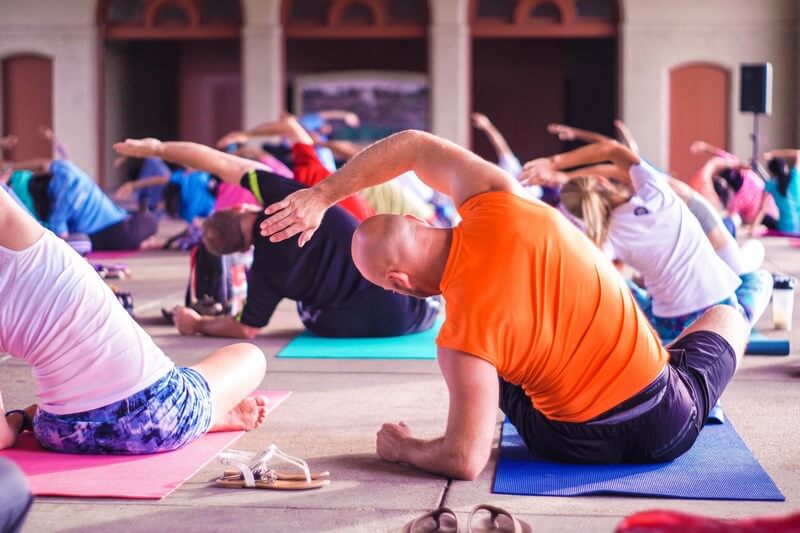
Mindfulness, meditation & positivity
Last, I want to emphasize the significance of incorporating mindfulness, meditation, and maintaining a positive outlook. In my youth, I was pretty negative, and it took a lot of work for me to change my attitude. Once I learned the value of positive thinking, I never went back. Articles like 6 Steps to Transform Your Outlook can help you get started in making changes if you are struggling in this area. Seeking a professional’s guidance is always a good step if you could use coaching or are dealing with strong emotions you can’t overcome.
I believe there no one right way to meditate. It can be a classic yogi, Toaist, or Buddhist style meditation. However, I think that it is any activity that takes focus to obtain a mentally clear or emotionally calm state. For some, it could be gardening or repetitive physical moments. Meditation is another area worth pursuing. Meditation as a practice is something that I have to master, and it is on my goals list for 2020.
Mindfulness and meditation are linked. I understand it as the practice of being more in-the-moment and less judgemental than the opposite. Practicing meditation can help us to be more mindful of others in our daily lives. Mindfulness teaches us how to step outside of ourselves and be more in-tune with our environment in an objective way. To learn more, I suggest checking out mindful.org’s Getting Started with Mindfulness blog and digging around the site some more.
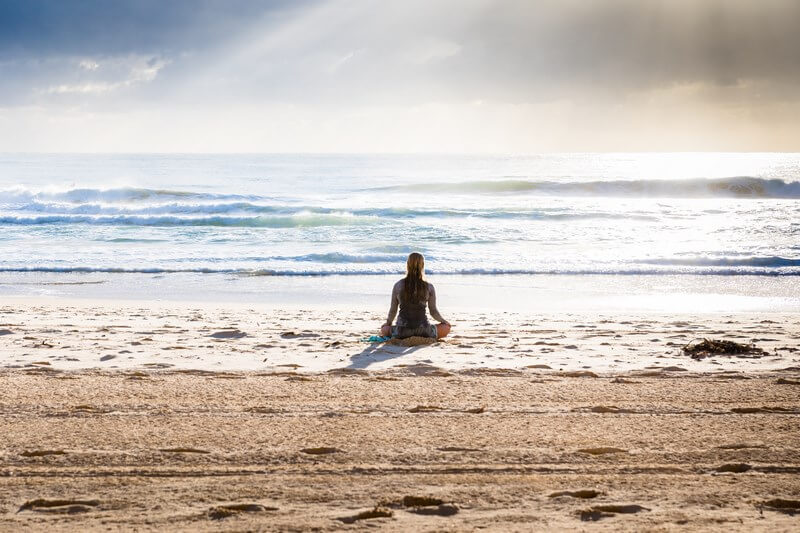
2020 self-care goals
Everyone can benefit from improved wellness, but self-care for disaster professionals is crucial for better outcomes for those we serve. I didn’t add stress management to the list because it is a benefit of practicing wellness.
So, as we begin the new year, what are your self-care goals? I would enjoy hearing what you want to improve on and where you are successful. My goals are to improve my fitness, maintain my positive outlook, and practice regular meditation. As a bonus, I’d like to get to the beach more, but that is another story!
If you enjoyed this New Year’s themed blog, check out my recent holiday offerings: Top 3 Things I Am Thankful For That Combat Disasters and Twelve Days Of Disaster Planning.
